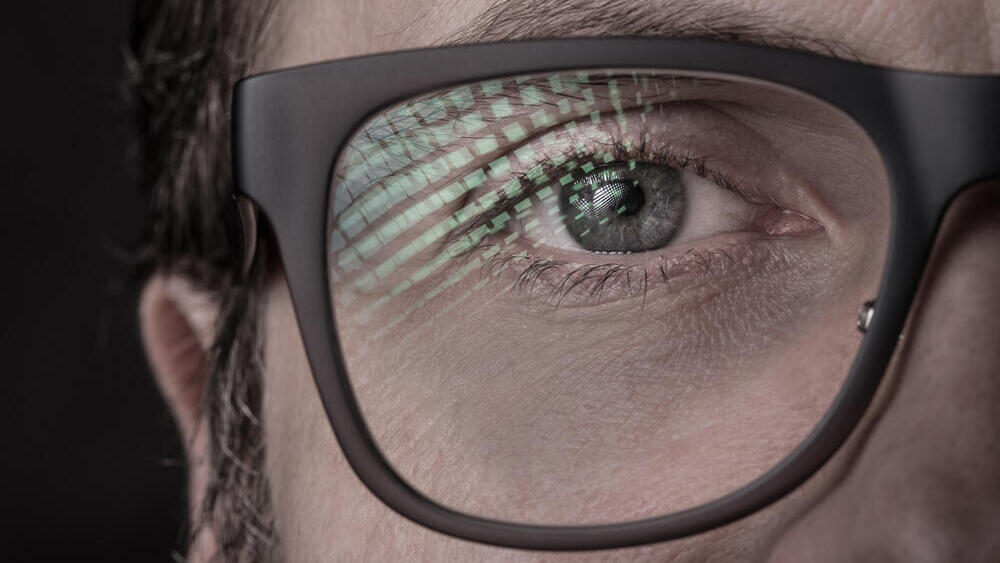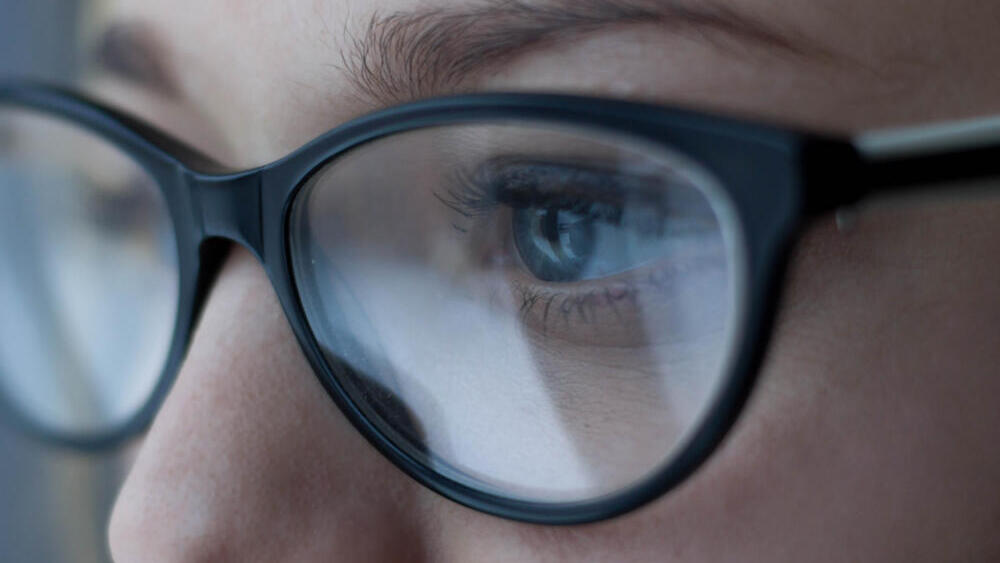A significant portion of Israelis no longer have 6/6 vision (or 20/20 vision if you're based in the United States). According to data released by the Central Bureau of Statistics (CBS) ahead of Thursday's International Visually Impaired People Day, 51% of Israelis aged 20 and over, or about 3.1 million people, wear glasses or contact lenses.
Globally, approximately 4 billion people suffer from various vision problems. In some countries, over 50% of the population uses vision aids like glasses or contact lenses.
While the percentages are currently lower in many Asian countries, studies indicate that this figure is set to rise sharply due to increased screen exposure in recent years.
Among Israelis aged 65 and over, 7% suffer from severe vision problems, compared to just 1.3% of those aged 20-64.
Among visually impaired individuals up to age 64, 56% are employed, compared to 77% of those without visual impairments. Financial difficulties are also more pronounced: 49% of those with severe vision difficulties struggle to cover their monthly expenses, compared to 26% of those without vision issues. For those aged 20-64, 60% of the visually impaired have trouble managing expenses, compared to 28% of their peers without vision problems.
Health and well-being are also affected. Seventy-one percent of individuals with vision difficulties rate their health status as poor, compared to 14% of those without such difficulties.
Loneliness is another issue; 47% of visually impaired individuals feel lonely sometimes or often, compared to 20% of those without vision problems. Among those aged 65 and over, 51% of those with vision difficulties report feeling lonely, versus 24% of those without.
Satisfaction with life is notably lower among the visually impaired, with only 25% expressing high satisfaction, compared to 45% of those without vision problems. The CBS notes that this gap in life satisfaction is consistent across different age groups.
Dr. Andre Pitzhadze, an ophthalmology specialist with Maccabi Health Services, said that the rising use of screens was a leading factor in the growing number of people requiring vision aids. "We are witnessing an increase in visual impairments due to the rising use of screens, which strain the eyes," he said.
"This leads to more people, especially the young, needing glasses. For older adults, age-related issues like cataracts, retinal degeneration and glaucoma add to the problem. In a world dominated by digital screens, good vision is essential for quality of life and employability. When you see well, you feel that 'everything is good.'"




